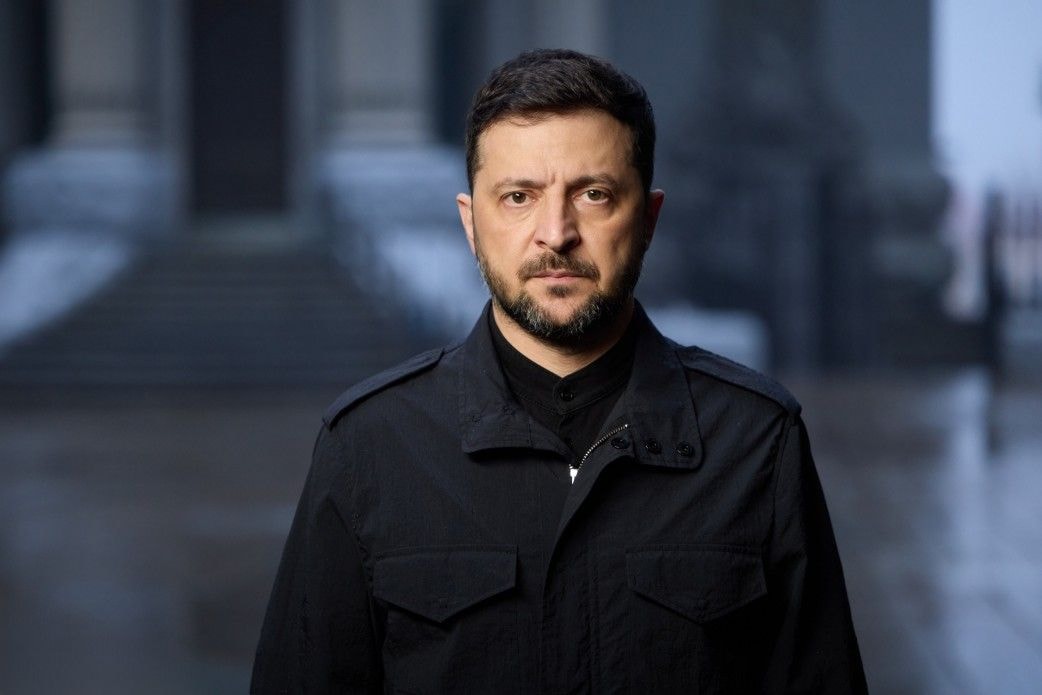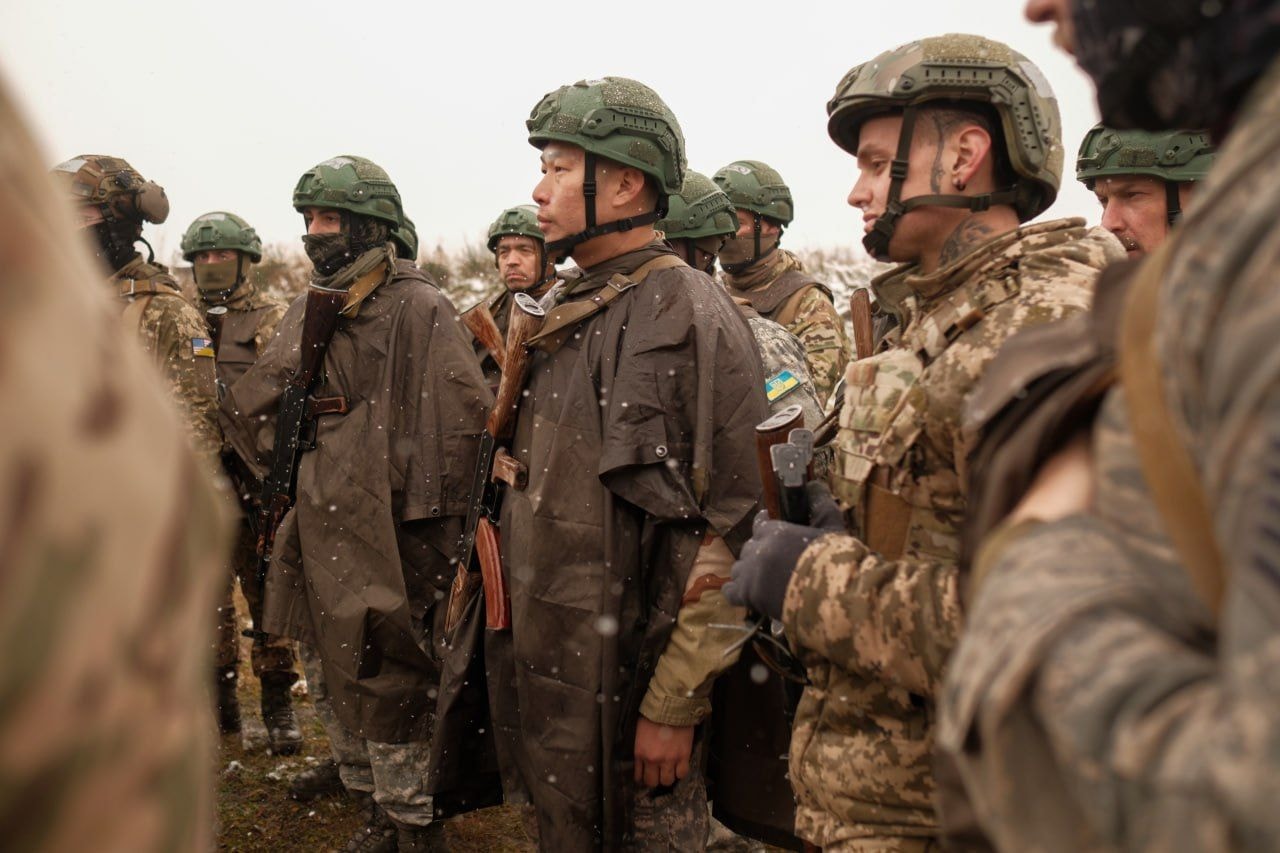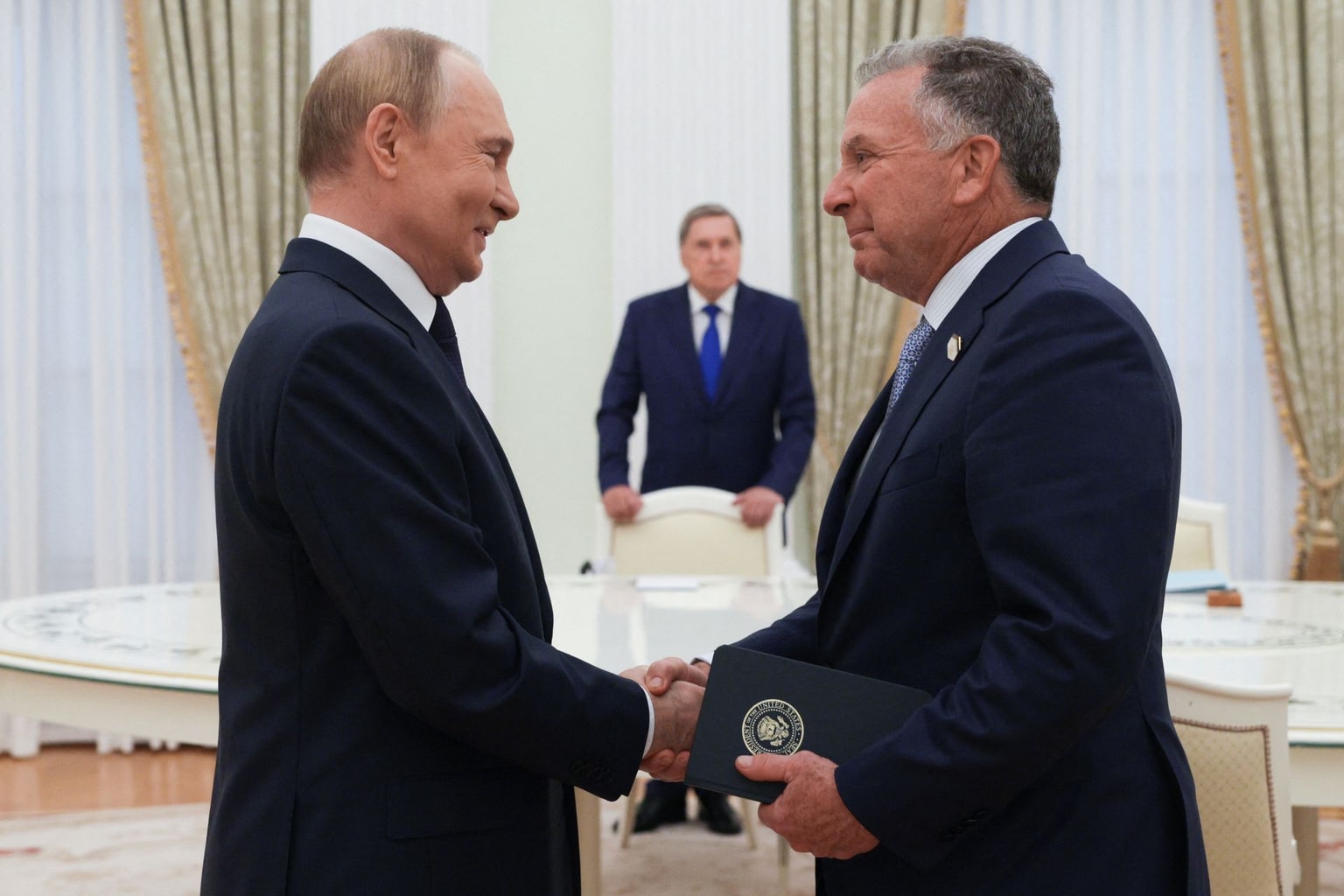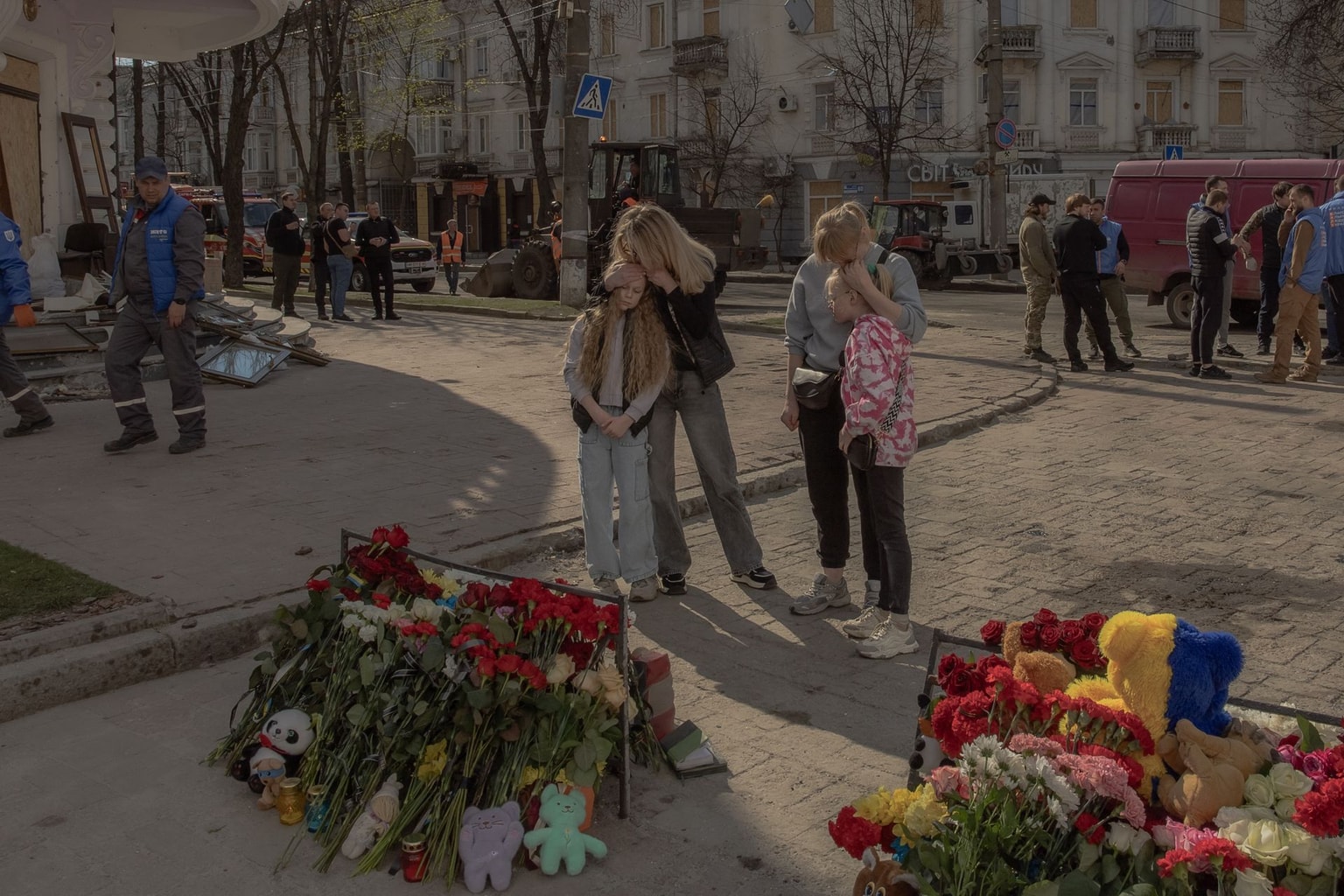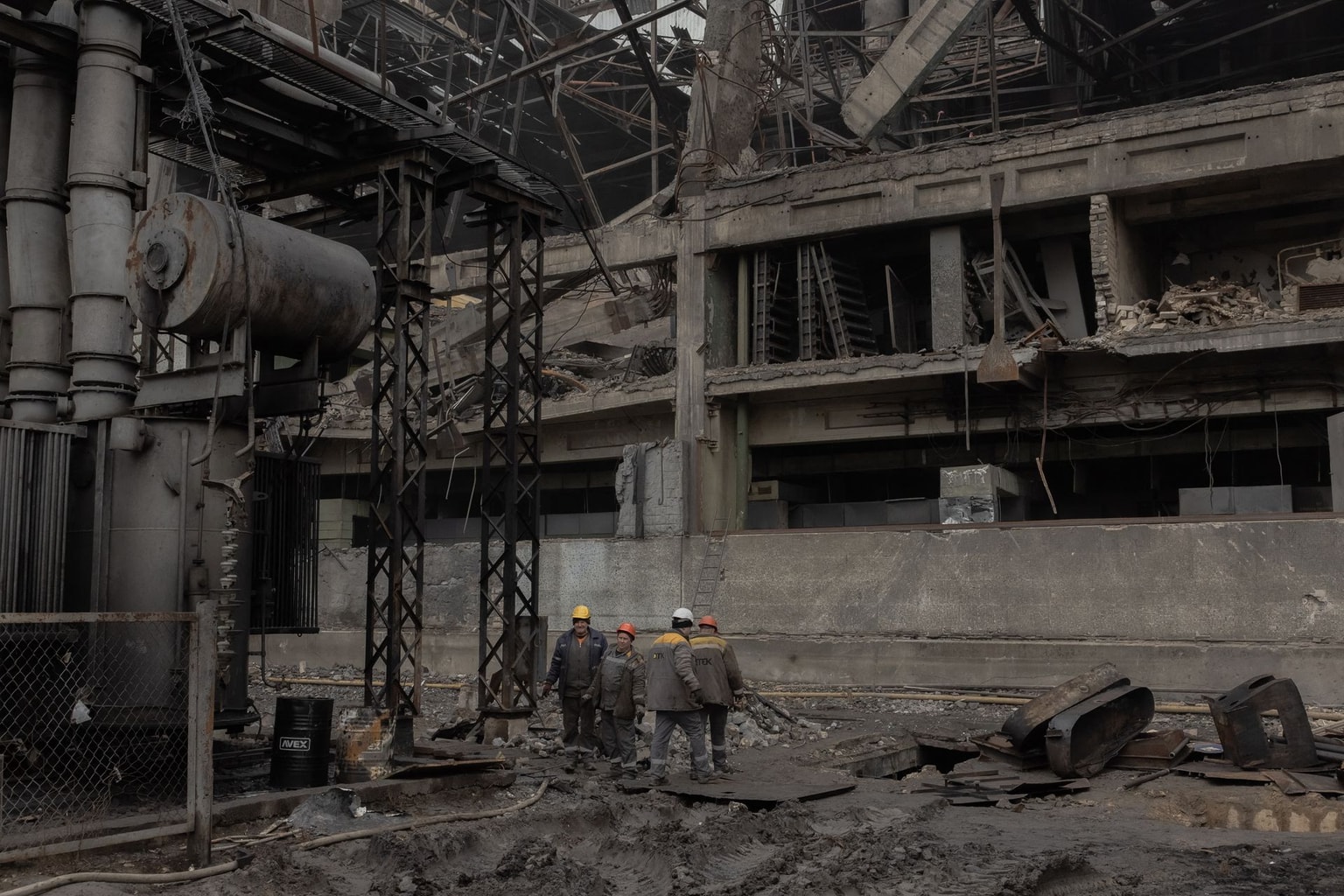Trump says new US peace plan not 'final offer' to Ukraine

Editor's note: This article has been updated to reflect comments from U.S. senators and U.S. Secretary of State Marco Rubio.
The new peace plan put forth by the White House is not Washington's final offer to Ukraine, U.S. President Donald Trump told reporters on Nov. 22.
The 28-point plan, crafted by Trump's Special Envoy Steve Witkoff in collaboration with Kremlin aide Kirill Dmitriev, calls for Ukraine to make sweeping territorial concessions to Russia, slash the size of its army, and make a constitutional commitment to never join NATO.
The White House has given Kyiv until Nov. 27 to decide whether it will accept these demands — which align closely with Moscow's maximalist aims — or lose American support.
Trump's remarks on Nov. 22 signaled that there may still be room for negotiation. When asked by reporters on Nov. 22 whether the plan represented his final offer to Ukraine, Trump said it did not.
"No, not my final offer," he said.
If President Volodymyr Zelensky refuses to accept the terms, "then he can continue to fight his little heart out," Trump added.
Trump's comments come after both U.S. and European officials condemned the plan as being blatantly pro-Russian.
Speaking at the Halifax International Security Forum in Canada, senators said that U.S. Secretary of State Marco Rubio told them in private conversations that 28-point peace plan does not amount to the actual U.S. plan.
Democratic Sen. Angus King said during a panel that Rubio told him that the plan was a "wish list of the Russians" and was "not the administration’s plan."
Republican Sen. Mike Rounds echoed the comments, adding that "it is not our peace plan," adding that it appeared "more like it was written in Russian to begin with."
"This administration was not responsible for this release in its current form," Rounds added.
Despite the remarks, Rubio, in a post to social media, later refuted the senators' claims.
"The peace proposal was authored by the U.S," Rubio wrote. "It is offered as a strong framework for ongoing negotiations It is based on input from the Russian side. But it is also based on previous and ongoing input from Ukraine."
Republican Sen. Mitch McConnell said the plan rewards "Russian butchery" and runs counter to American interests, while Democrat Senator Jeanne Shaheen called it "a Putin plan for Ukraine." Other lawmakers from both sides of the political aisle have denounced the plan.
European leaders also pushed back against the deal and their exclusion from negotiatations in a joint statement on Nov. 21.
Delegations from the U.S. and Ukraine are set to meet in Geneva, Switzerland on Nov. 22 to discuss the deal. They will be joined by representatives from the U.K., France, and Germany.
Trump's latest push for peace comes as Ukraine prepares to face its fourth winter at war — potentially its harshest yet amid a barrage of Russian attacks against Ukrainian energy infrastructure.
It also comes as both Trump and Zelensky face domestic turmoil, with Ukraine rocked by a corruption scandal that implicates several top officials and Trump facing renewed scrutiny over his ties to notorious sex offender Jeffrey Epstein.
"Ukraine may soon face an extremely difficult choice," Zelensky said on Nov. 21. "Either the loss of dignity or the risk of losing a key partner."



